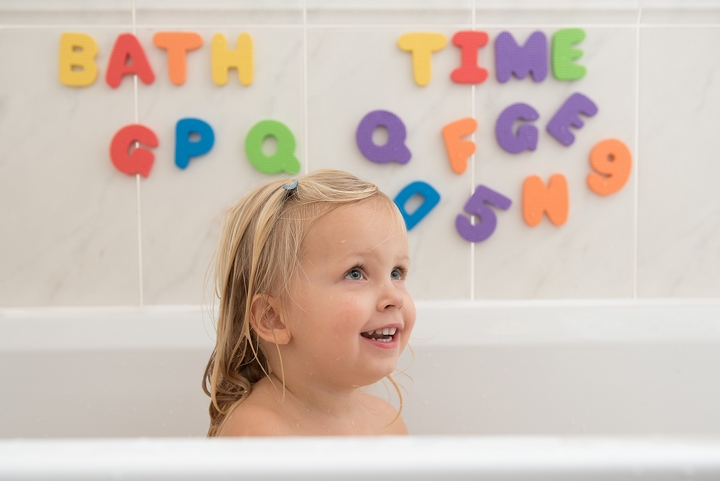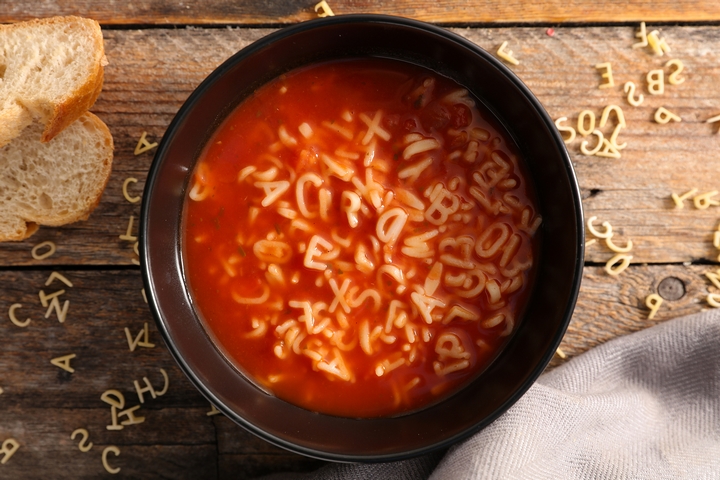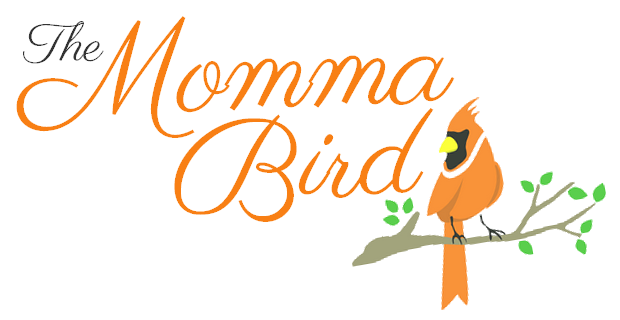
Learning to spell is such an important part of a child’s education. Though they will learn to spell when they start going to school, there is nothing wrong in teaching them earlier and it can actually be better for them. Spelling helps them to become better readers. It helps them to communicate better. Spelling will also help them understand better and allow others to understand them better as well.
Spelling can cause frustration for kids, so start slowly so as not to confuse them. Build up their confidence and they will feel good about getting it right. Make it as fun as a child care provider would so that they enjoy it as they get better. Here are some tips to teach the young ones to spell.
1. Have Some “Clean” Fun

Make bath time fun, enjoyable and a learning experience. You can get those foam letters and numbers and toss it into the bath water. Teach them to spell and learn some numbers by having them spell simple words, or ask them questions where the answer is a number. Start slow, be patient and you can reinforce it when the next bath time comes around. In other words, (ahem) rinse and repeat!
2. Word Search

Playing games is always a winner. You have fun, your child has fun and will be learning at the same time. You can have word search puzzles which you can print off from the Internet or even just sit at the computer to play. You can use themes such as a popular TV show that your child likes and look for each character’s name hidden in the puzzle. Lots of fun!
3. Snacks With Letters

This is the one time you need to make an exception to the rule, “Don’t play with your food.” There are certain snacks and foods with letters and you can make a game of it. It will be fun for them, which is the main thing and they can learn at the same time. Let them spell words before they gobble it up!
4. Get Creative By Encouraging Creativity

For this particular exercise, they will need to already be able to read and write to some extent. Ask them to write a story about something they really love (you’ll probably have some idea what it is). It can just be a short story or even a few sentences.
If there are any misspellings or other errors, let them try to write the word again. If they make a mistake, say the word and ask them to say it too. Then, write that word, let them have a look at it, cover it, and then ask them to try writing that word again. They will eventually get it. It may have to be repeated a few times, but they will write it correctly. How proud will that make you feel?
5. Helping With Retention

Have your child spell a certain word one letter at a time. This exercise will help with retention and there’s the added bonus of getting some writing practice! So, for example, let them write a word like “puppies”. They can start with “p”, then “pu”, then “pup”, then “pupp” and so on until they complete the word “puppies”.
Making things fun is important. So is timing. If there’s a time of day that works for both of you, stick with it. They may even look forward to it. Take breaks and remember to be patient. As they get better, watch their confidence grow, and remember to repeat in order to reinforce.
